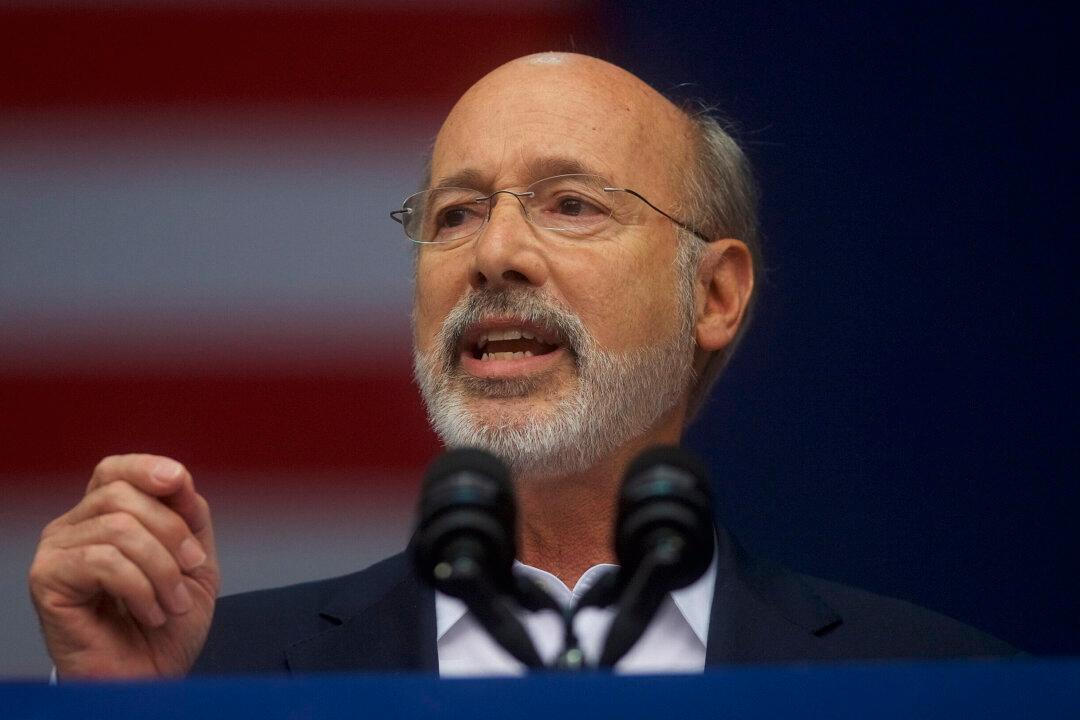If Pennsylvania joins a multistate climate change agreement that restricts carbon dioxide emissions, energy prices will increase and jobs will be lost in response to new regulatory burdens that won’t produce any environmental or health benefits, according to public policy analysts who took part in virtual public hearings earlier this month.
The Regional Greenhouse Gas Initiative, also known as RGGI, is a “cap and trade” agreement among 10 New England and Mid-Atlantic states that requires power plants to purchase permits to emit CO2.





